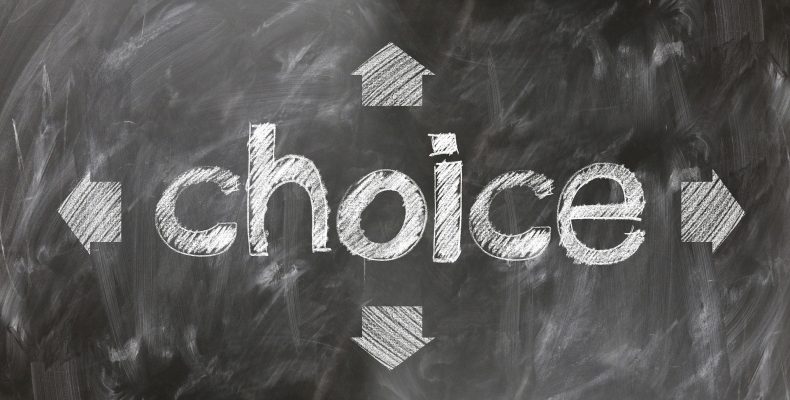I will be honest. I started the book “The 7 Habits of Highly Effective People” by Stephen Covey about 4 times over the last several years… without finishing it. I usually get bogged down around “think win-win” or “seek first to understand then to be understood.”
This is not typical for me. I am usually a finisher so it bothered me to realize I had done this. After reflecting on why this behavior has persisted, I believe it comes down to the fact that there is so much good stuff in this almost 30-year-old book! I actually get so overwhelmed with all of the action items I should be taking, that my mind shuts down and I can’t move forward.
All of this changed recently when David Schmidt at Fellowship Baptist Church started a small study group to go through the book. My wife Julie and I joined up and now I can actually say I have finished the book. Woo-hoo!
Although there are a ton of action items to still put into place from the 7 Habits, the most impactful part of the book came unexpectedly from the closing chapter, titled “Inside-Out Again.” In this chapter, Covey discusses an idea about “a gap between stimulus and response” and that he “reveled in the inward sense of freedom to choose (his) response – even to become the stimulus, or at least to influence it – even to reverse it.”
Reading this caused me to pause and turn this thought over and over again in my mind. It led me to examine how much of my life, family, business, health and productivity has been affected by failure to realize that I have the power to chose my responses? How often do I behave in unproductive ways as though I had no choice in the matter?
There is no doubt that we should constantly be developing new habits so that when a stimulus comes, we are in a position to respond well. But more importantly, we must realize that we always have had and always will have the power to chose our response to what is happening around us and to us.
So the next time apathy, fear, boredom, procrastination, and maybe even addiction, stimulate us to act in a way that will take us outside of our values or off course from our goals, we can stand in that gap and decide to be the influencer, instead of the influenced.

